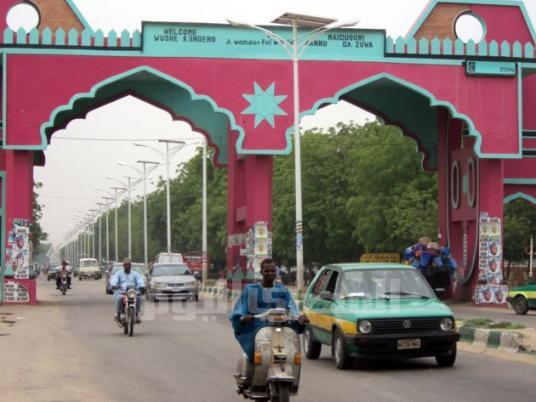
ABUJA — Nigeria's government is reaching out to radical Islamist sect Boko Haram, talking with some of its members via "backroom channels" as it seeks a peaceful way out of the north's conflict, the president's spokesperson said on Sunday.
The militants ruled out peace talks in a statement on Thursday, unless the government accepts their demand to turn the roughly evenly mixed Muslim-Christian country of 160 million people into an Islamic state.
But Reuben Abati, spokesperson for President Goodluck Jonathan, told journalists talks were going on with some members.
"The form of the dialogue is back room channels … to reach across with the objective of understanding what exactly the grievances of these persons are, what exactly can be done to resolve the crises," he told press at the presidential villa.
The Taliban-style movement has killed hundreds in gun and bomb attacks since launching an insurrection in 2009, making it the biggest security threat to Africa's top energy producer.
As the insurgency raged toward the end of last year, Jonathan was accused of focusing too narrowly on security.
Senior US diplomats have on a few occasions urged Nigeria to address the grievances of the population in its semi-arid north, such as massive unemployment and deepening poverty, and to seek a broader political solution to the crisis.
"The available options are not solely military action and it is on the basis of this that he had reached out to leaders in the parts of the country that are affected," Abati said.
A group of governors from Nigeria's largely Muslim north set up a committee on Wednesday tasked with trying to talk to the Islamists, but Boko Haram's resentment of a northern elite they regard as corrupt and un-Islamic may limit its success.
Abati said: "Social programs to transform lives, to create wealth, to … create jobs and to engage young people more effectively," would aim to starve the sect of recruits.
Efforts to seek a peaceful solution to the conflict are complicated by the factional nature of the sect — and the fact that criminal gangs use its name as a smokescreen. The main faction led by Abubakar Shekau maintains, at least in public, that it will not engage in talks with the government.
The closest the militants have come to acknowledging talks was in March, when a former ally of Boko Haram founder Mohamed Yusuf acted as a go-between. The initiative fell apart in days.
But the group has been weakened by killings and arrests of its members over the past few months, security officials say, raising suggestions it may become more amenable to dialogue.




